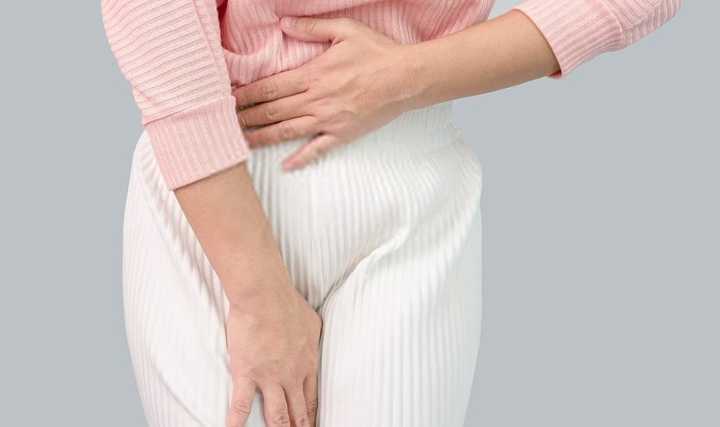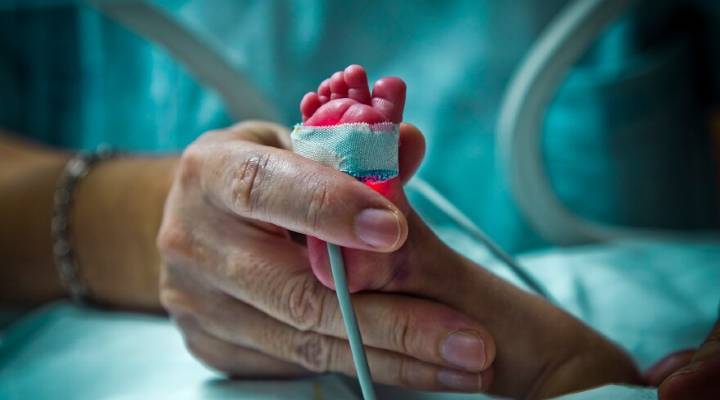Managing Periods Post Delivery

For many women, one of the perks of pregnancy is ‘nine months without periods’. We all know that during pregnancy and even post-delivery, a woman does not get menstruation, which in medical terms is called pregnancy amenorrhea. While it is a relief for the women, the return of periods post pregnancy should carefully managed, considering the health of the woman and the newborn baby.
Types of vaginal bleeding post-delivery:
Although the menstruation has stopped during and post-delivery, women need to be alert and watch out for different types of discharge or bleeding, that may occur post-delivery or even sometimes during pregnancy.
Moreover, breastfeeding is the biggest factor that affects menstruation among women who have newly delivered. Prolactin- a hormone responsible for break-milk production, suppresses the ovulation when a woman is breastfeeding. Women who breastfeed regularly and exclusively post-delivery, will experience lactational amenorrhea. This indicates that a woman will not ovulate and menstruate for a period of six to eight weeks post pregnancy.
Lochia: Post pregnancy, women continue to have some vaginal discharge called Lochia for a period of two weeks, which is generally mixed with some amount of bleeding. However, this vaginal discharge and bleeding are normal and tend to stop within 6 weeks. Women might experience some cramps during this discharge as the uterus is gradually returning to its original size. Also, this vaginal bleeding is the same for women who have undergone vaginal birth or C-section. Post this period most women do not experience periods i.e. menstrual cycles for a period of six to eight weeks.
Heavy and Irregular periods: Usually, periods that resume post-delivery are irregular and quite heavy. This is because the uterus is enlarged and stretched out during pregnancy and post-delivery, uterus sheds out more endometrial tissues. Women, during this time, experience blood blots and heavy bleeding, which eventually regularizes after few initial months.
Asherman and Sheehan syndrome: Many times, women experience lighter periods post-delivery. This can be mainly if the woman was suffering from endometriosis before pregnancy, which leads to lighter periods. Moreover, women can also experience light periods due to two rare conditions, Asherman syndrome and Sheehan syndrome. Asherman syndrome means a condition which is caused by a scar in the tissue in the uterus during delivery. Similarly, Sheehan syndrome is caused by damage to your pituitary gland, which may be the result of severe blood loss during delivery.
When women should worry about periods:
Scenario 1: Women need to keep a close watch on their vaginal bleeding, post pregnancy. Heavy bleeding and clots are normal, if the bleeding is clubbed with heavy flow, foul smell and fever, this can be due to some underlying infection and needs medical consultation at the earliest.
Scenario 2: Many times, women may not have periods during first few months of delivery due to lactional amenorrhea (as discussed above), there are cases where women have seen their periods resume, immediately post-delivery. If the woman does not experience any discomfort or abdominal pain or fever during her menstruation post-delivery, there is no need to worry about the scenario.
Scenario 3: In some of the rare cases, complications such as thyroid problems or adenomyosis can cause heavy bleeding post pregnancy. Adenomyosis is a condition that indicates thickening of the uterine wall.
Scenario 4: Extremely heavy bleeding and big clot
Although the first few periods post-delivery are heavy, if a woman experiences extremely heavy periods and clots as big as golf ball, this will require medical attention and consultation with your gynaecologist.
Women must be educated about the natural course of events post giving birth and should be advised about contraceptive methods along with warning signs. Use of oral contraceptive pills is not recommended till six months post-delivery. After delivery, the uterus takes its own time to heal and return to its normal size. To ensure, a healthy smooth postpartum period, women must be advised to be in routine follow up with their gynecologist.






